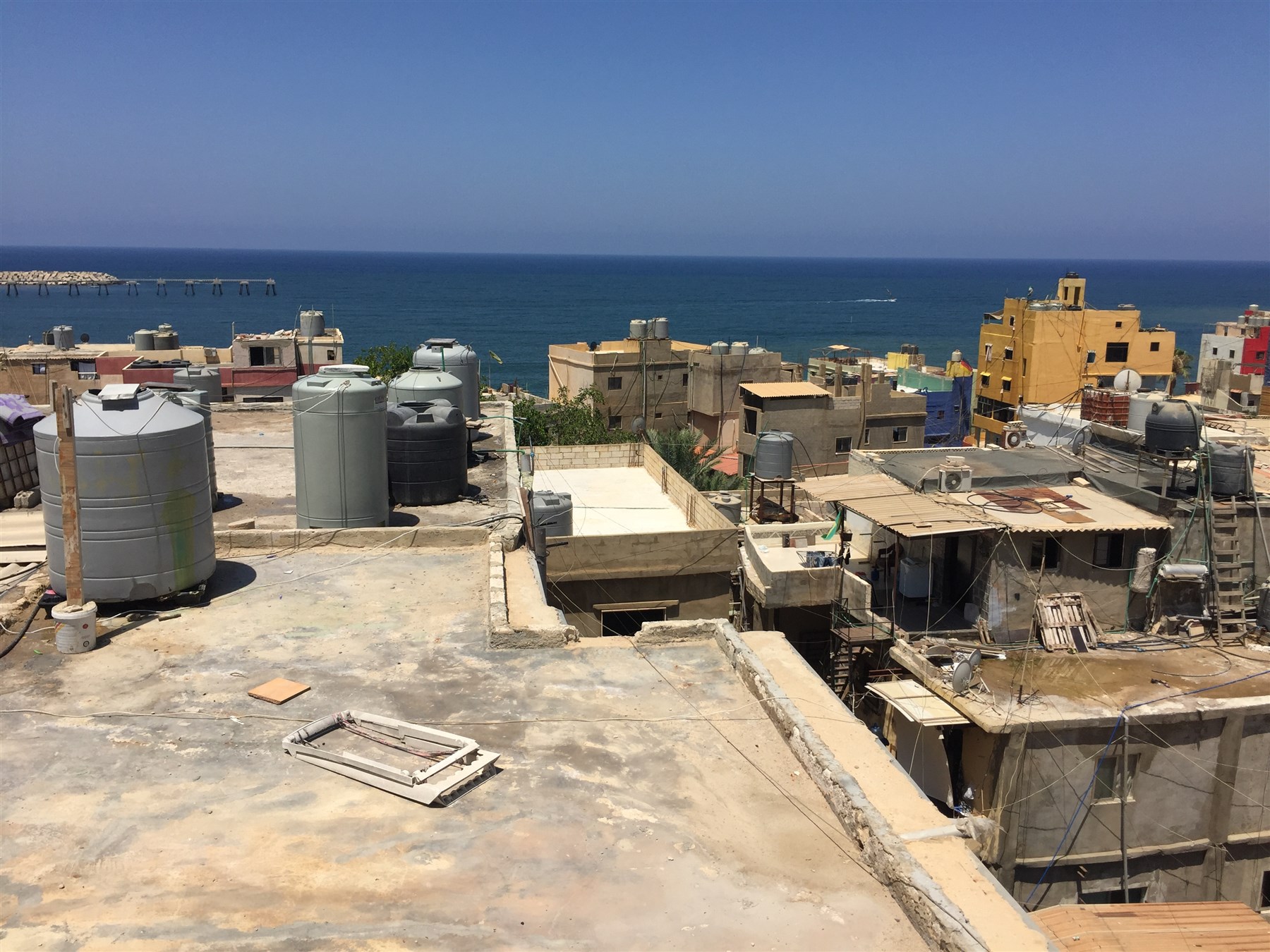The Vital City under the RELIEF Centre

A picture of Ouzaii taken by the research team during a site visit (Source: Batoul Yassine, July 28, 2018)
×
The Premise of the RELIEF CENTRE
The RELIEF Centre is hosted by the Institute for Global Prosperity (IGP) at University College London which is led by Professor Henrietta Moore. It is a collaborative project between the American University of Beirut (AUB), the Centre for Lebanese Studies, and University College London. This research and learning center focuses on inclusive growth and prosperity, particularly in Lebanon, which faces significant challenges due to the influx of over a million Syrian refugees since 2011. The refugee crisis has strained Lebanon's public services, infrastructure, job market, and educational opportunities, leading to social tensions. The RELIEF Centre aims to address these issues through cutting-edge research and innovation, promoting economic growth that benefits all members of society.
×
The RELIEF Centre pioneers a radical approach to social transformation in environments of mass displacement. Its synergistic programs involve citizens, communities, and stakeholders in co-design and knowledge transfer processes for a greener, more inclusive, and sustainable Lebanon. By emphasizing the importance of education and public services, the Centre enhances community capacities and capabilities for transformation. Collaborative, data-driven research explores innovative pathways for policy and social change, working closely with local communities to measure prosperity and improve quality of life. The Centre also examines the potential of Syrian refugees and Lebanese communities to collaboratively design resilient living environments and host communities, leverage new technologies for affordable education, and rebuild Syrian cities and institutions post-conflict.
×
The Vital City
The Vital City is one of the themes the Centre researched and led by Professor Al-Harithy as one of its co-investigators. It explores the complex entanglements in space and time of displacements, crisis and city futures focusing on the actual vitality of cities in Lebanon. It looks into infrastructure and services, infrastructure scarcity, overlapping claims over spaces and accesses to services in the context of a crisis laden, latent conflicts, and the actual complexity in the governance of local areas. This theme also takes into consideration the local context in which diverse communities, NGOs and individuals interact as agents in the reproduction of space, in order to understand how to make more resilient and better-quality living environments.
The four overarching research question that guided the work of the research team were:
1. How do cities in Lebanon sustain their life and wellbeing and negotiate their futures and transformations when displacement and crisis are constituent dimensions of urban life?
2. How is wellbeing constructed, negotiated and configured in cases of scarce resources, conflictive identities and lack of state policies/services?
3. How is vitality formed, imagined and practiced in local spaces where urban life is under continuous reconfiguration?
4. How are different “sets” of vulnerabilities contributing to the spaces, policies, and practices shaping and emerging over time?
The four overarching research question that guided the work of the research team were:
1. How do cities in Lebanon sustain their life and wellbeing and negotiate their futures and transformations when displacement and crisis are constituent dimensions of urban life?
2. How is wellbeing constructed, negotiated and configured in cases of scarce resources, conflictive identities and lack of state policies/services?
3. How is vitality formed, imagined and practiced in local spaces where urban life is under continuous reconfiguration?
4. How are different “sets” of vulnerabilities contributing to the spaces, policies, and practices shaping and emerging over time?